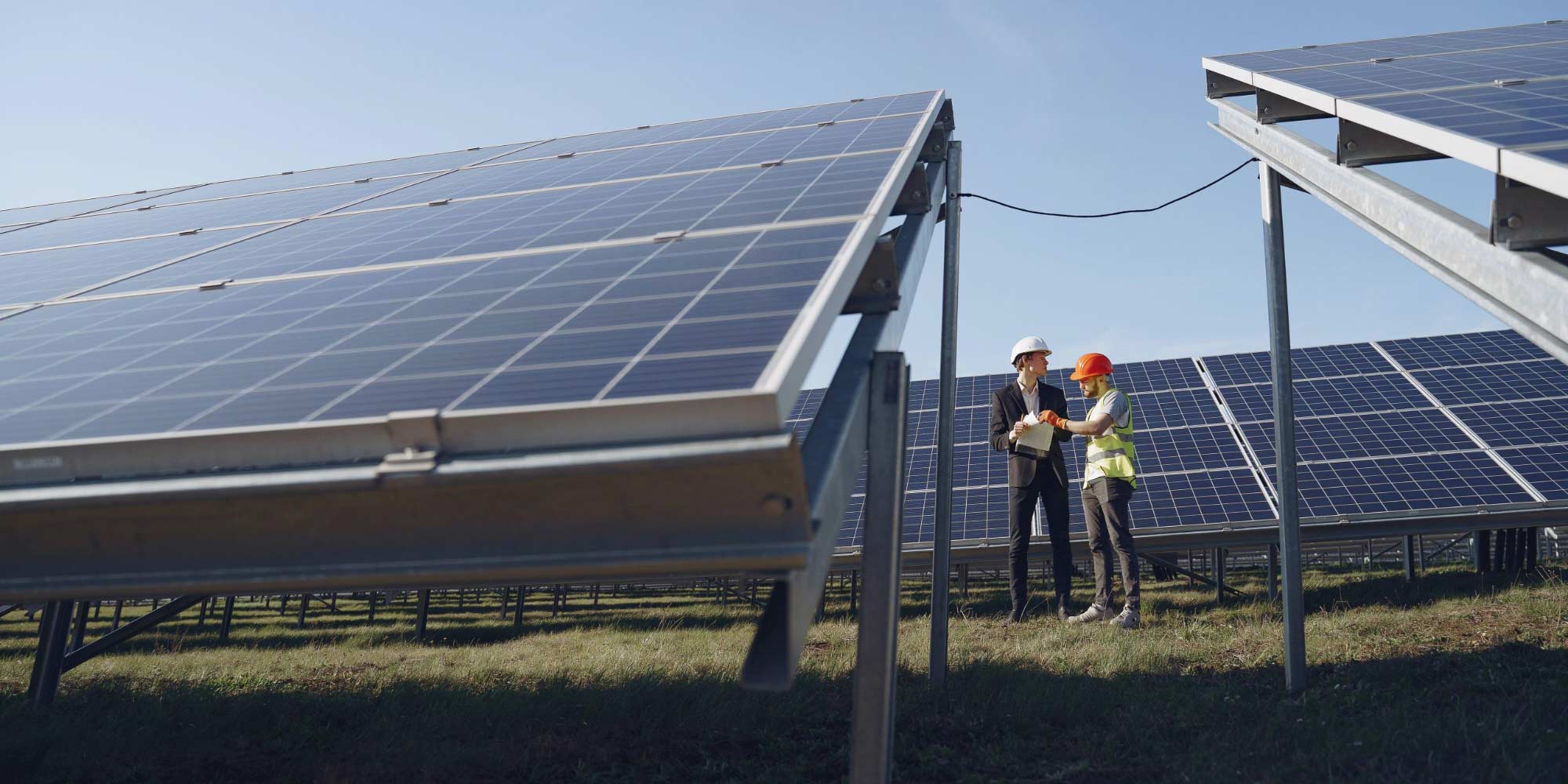Introduction:
In the pursuit of sustainable energy solutions, the solar industry continues to innovate, seeking ways to maximize efficiency while minimizing costs. Among the latest breakthroughs, self-cleaning solar panels have emerged as a game-changer, offering a solution to both enhance performance and reduce maintenance expenses. Join us as we delve into the advantages of self-cleaning solar panels and their potential to revolutionize the renewable energy landscape.
1. The Economic Imperative of Efficiency
- The importance of cost reduction in renewable energy projects
- Impact of maintenance labor costs on the overall economics of solar installations
- Challenges posed by dust, dirt, and environmental factors on solar panel efficiency
2. Introducing Self-Cleaning Technology
- Evolution of self-cleaning technology in the solar industry
- Mechanisms of self-cleaning action on solar panels
- Types of self-cleaning coatings and their properties

3. Cutting Costs with Self-Cleaning Solar Panels
- Reduction in maintenance labor and cleaning expenses
- Extended lifespan of solar panels, leading to long-term savings
- Increased energy production through improved light absorption
- Cost-effectiveness of self-cleaning coatings compared to traditional cleaning methods
4. Labor Savings and Efficiency Gains
- Minimizing downtime and disruptions caused by manual cleaning
- Automation and remote monitoring capabilities of self-cleaning systems
- Empowering maintenance teams to focus on other tasks and projects
5. Real-World Applications and Success Stories
- Case studies showcasing the financial benefits of self-cleaning solar panels
- Commercial and residential installations reaping the rewards of reduced costs and labor
- Market trends and adoption rates of self-cleaning technology in the solar industry
6. Environmental Considerations and Sustainability
- Reduced water usage and environmental impact compared to traditional cleaning methods
- Assessment of the environmental benefits of self-cleaning coatings
- Regulatory standards and best practices for sustainable solar panel maintenance
7. Overcoming Challenges and Maximizing Savings
- Considerations for selecting the right self-cleaning technology for specific applications
- Addressing durability and performance concerns in varying environmental conditions
- Strategies for optimizing cost savings and maximizing return on investment
8. Looking Ahead: The Future of Solar Efficiency
- Technological advancements in self-cleaning coatings and solar panel design
- Integration of self-cleaning technology with emerging renewable energy systems
- Potential for further cost reductions and efficiency gains through continued innovation
Conclusion:
As the world transitions towards a cleaner and more sustainable energy future, the advantages of self-cleaning solar panels become increasingly clear. By reducing costs and labor associated with maintenance, self-cleaning technology not only improves the economics of solar energy but also accelerates its widespread adoption. As we look ahead, the path to greater efficiency and affordability in solar power is illuminated by the promise of self-cleaning panels.